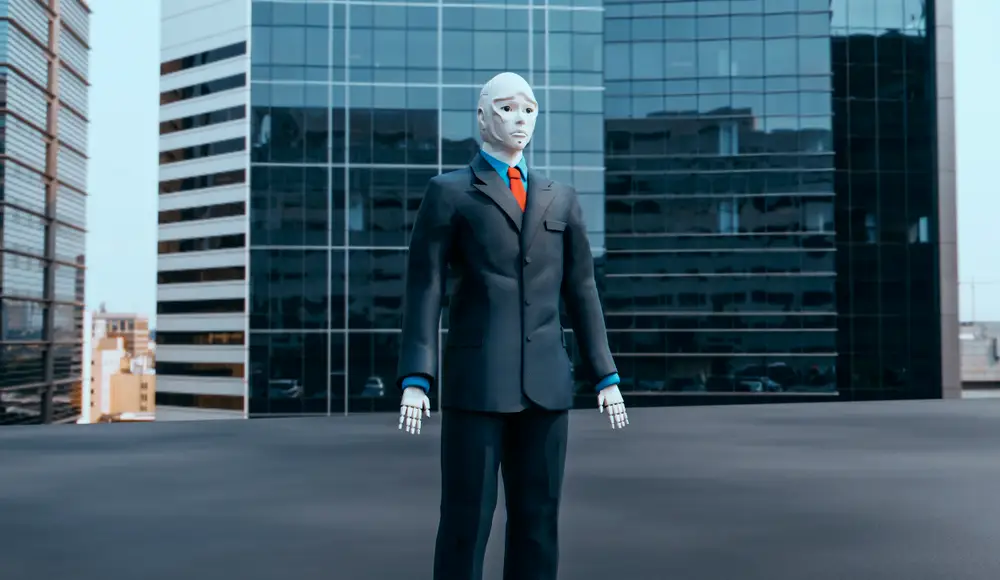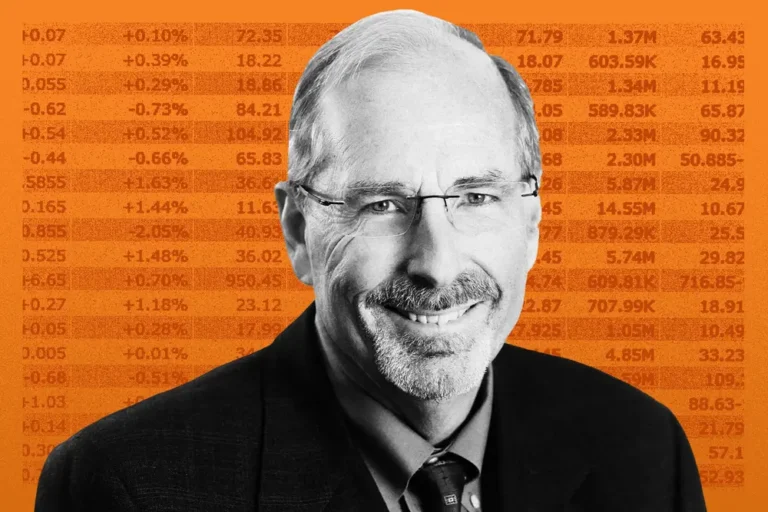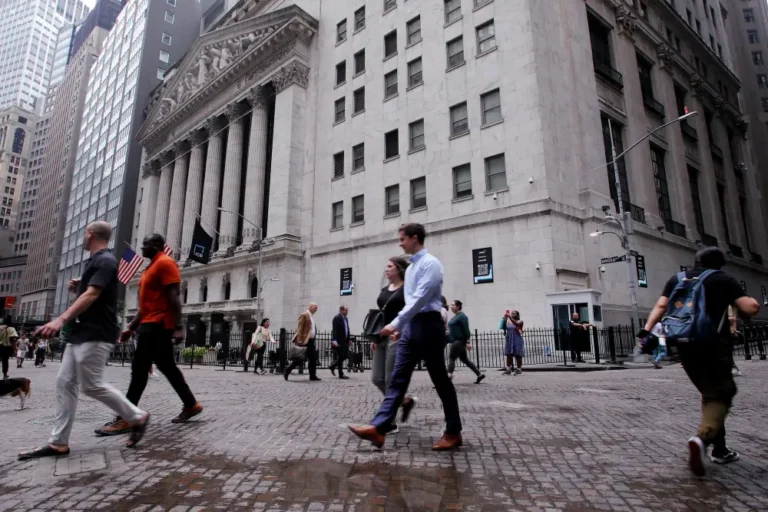Say hello to your new coworker: Autonomous AI agents are coming to banks

Banks are keen to develop AI agents to assist human employees.
“Talk to this like a teammate and treat it like a teammate.”
That’s Danny Goldman’s guidance to private-equity customers of his startup, Mako AI, which offers a generative AI assistant for junior finance professionals and is backed by Khosla Ventures, an early investor in OpenAI.
His hope is that “engaging with Mako looks much more like engaging with a real human associate than a software tool,” he previously told B-17. Goldman, who worked in private equity before cofounding Mako AI, predicts that in a year or two, every junior on Wall Street will have their own AI direct report.
It’s not just juniors, either. JPMorgan CEO Jamie Dimon, is a “tremendous user” of the bank’s generative AI assistant suite. Teresa Heitsenrether, JPMorgan’s chief data and analytics officer, said at a conference last week that JPMorgan is working toward giving employees AI assistants that are specific to them and their jobs.
Wall Streeters, say hello to your new coworker. Across the industry, AI agents are beginning to permeate the labor force as assistants who can help humans prep for meetings, write their emails, and wade through troves of information to answer questions almost instantaneously.
In many cases, AI agents are still limited to specific, individual tasks like querying internal data and creating PowerPoints and emails. To take AI agents a step further, technologists and startup investors are fueling a shift to so-called multi-agent systems that coordinate several AI agents to complete more complex tasks more autonomously.
Some tech executives at the Evident AI Symposium said they could see a world with more artificial intelligence agents than humans by 2025. But what will work and life look like in an increasingly hybrid world with humans and bots? Well, that’s still being worked out, according to a number of tech executives at the Evident AI Symposium Thursday.
“What’s really exciting about agents is that we are still figuring out the tasks they’re actually good at, the tools they know how to use, the tools we have to teach them how to use,” said Gabriel Stengel, cofounder and CEO of Rogo, which is building the generative AI equivalent of a junior banker.
Another question that still needs to be answered is how to define when an agent is smarter or not than a human, said Kristin Milchanowski, chief AI and data officer of BMO Financial Group.
To some extent, benchmarking humans against AI agents is already happening. In a recent University of Cambridge study that compared who could run a business better, AI outperformed humans on most metrics including profitability, product design, and managing inventory. But they fell short when it came to making decisions on the fly.
Heitsenrether, speaking at the Evident AI conference, told the audience that, over time, she expects AI to be seamlessly embedded in an employee’s workflow. By this time next year, she said that she hopes to have a clearer picture of what a more personalized AI assistant for each employee might look like.
But unlocking more autonomous uses of AI is going to require more than technological breakthroughs.
“We don’t have a lot of trust right now in these systems,” Sumitra Ganesh, a member of JPMorgan’s AI research team, said at the symposium.
“We have to slow-walk it to release it to people who are experts who can verify the output and go, ‘Okay, that looks fine, you can take that action,'” Ganesh said. “But that’s kind of babysitting these agents at this point,” she added. “But hopefully, it’s like training wheels — at some point, we will be confident enough to let them go.”






